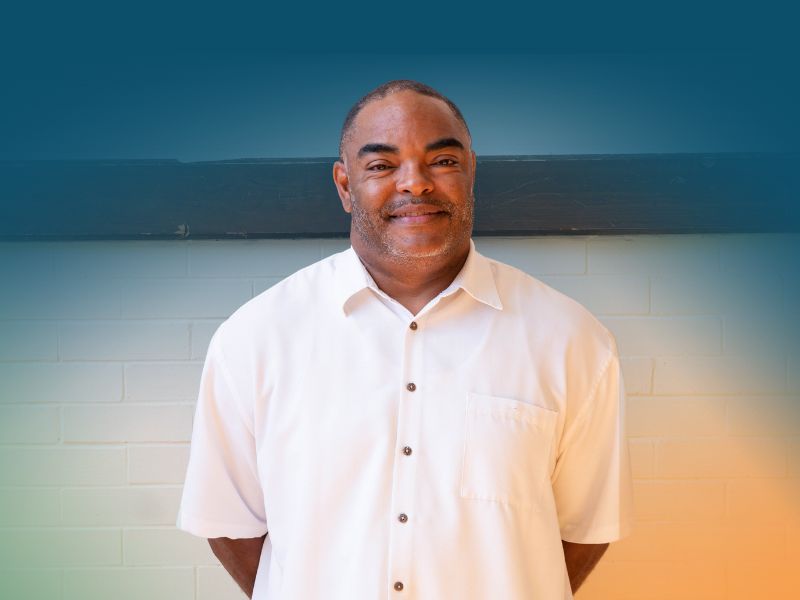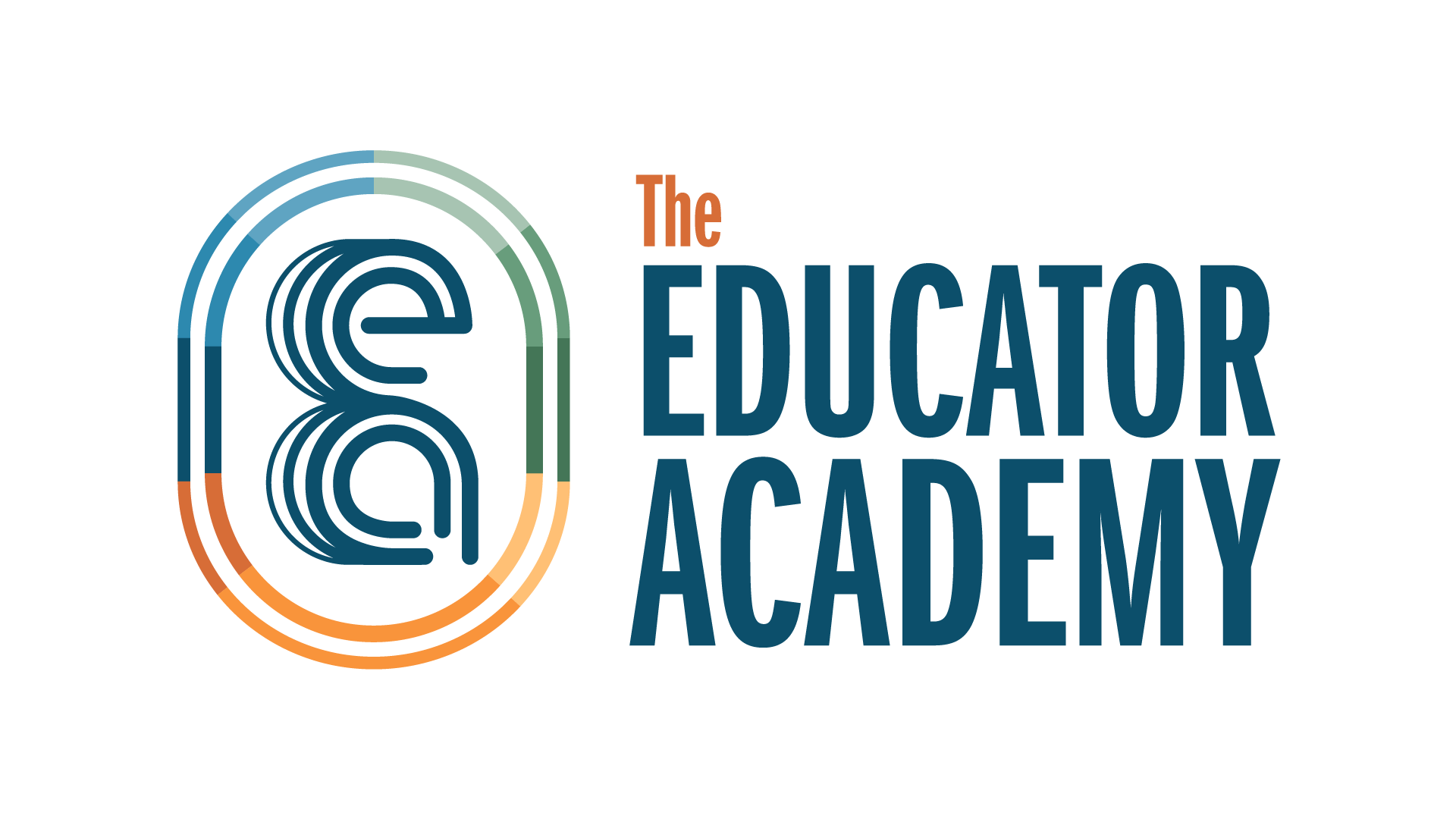
This blog is based on a transcript from a video interview of Michael Page. This has been formatted to fit a blog. All edits that have been made are for legibility purposes only.
“In the eighth grade, I had a teacher by the name of Patrick Holsten and he stood out because he looked like me. He was a unicorn in the field at that time in the public school system. He stood out not just because he looked like me, but also because he held us accountable. He cared about us and, most importantly, the thing he did that no one else did was he culturally understood us. I don’t remember a lot about what any of my teachers said or did but I absolutely remember how he made us students of color feel. And that was 35 years ago. So I saw him and I said to myself, I think I could do that. I just got sidetracked for 30 years.
For 27 years I was in the private sector, in consumer lending/mortgage lending. The last 10 years of that were in executive leadership roles. The further I’ve moved up the ladder the less gratifying the career was. It was no longer a purpose-driven career. Through long conversations with my family, I knew I wanted to make a career change, but I did not know what that was. So it took a while to get there.
I’ve had some buddies and my wife and family remind me, “why haven’t you started teaching yet? You’ve been talking about this for decades”. I have a buddy who I really value his opinion. He is a retired state trooper and we were in his pool talking about our second careers. And because I think highly of his opinion, I was telling him about how I wanted to have a teaching career. He then brought up Vernon Birmingham’s name (Talent Manager at The Educator Academy). He said he’s known him for years and thinks highly of him. So a lot of times it’s, it’s about relationships. Relationships can help a decision. When you know, people are involved that are trusted by people that, you know.
The first step in the process of making the switch was having the conversation with my wife and, even to an extent our daughters. There’s a lot of conversation to have. One is about the financial piece of it. When you have had some success in the private sector for a while now, that’s a serious conversation. It’s a little bit easier when you have a spouse that’s successful in her career but that may not be the situation for a lot of people. So I was lucky in that sense. Then there is the time commitment piece. Those are the two things I had to have a lot of conversations around. But, what I wanted to do was like a no-brainer because I’d been talking about it for so long. What I really appreciate in addition to that is the support system within The Educator Academy. It has been even better than, better than advertised. It’s not just the relationships I’ve built with the other residents, (and we talk frequently throughout the week). There is also the support system regarding the Continuum coach and just all the various instructors that make themselves available to you. You have a lot of good folks rooting for you, and supporting you. If you were not successful in this program, I don’t think it would be because of a lack of support within The Educator Academy.
I’m halfway through this first year of the residency. It’s exactly as it was advertised. Everything I was expecting has come to fruition. It’s not easy. It’s time-consuming. But it is absolutely well worth it. Even the structure really benefits me. I prefer when I learn something to use it as quickly as possible. So how it’s structured, where the academic piece is all day, Monday and then a lot of what we talk about, I can observe in the classroom or implement that week. I like that it’s not going to school for two years and then going to the classroom. It’s a good combination.
Those skills that I had from my former career are helping me in my current role. In a leadership role in the private sector, you have to be an effective leader. Part of being an effective leader is being a good communicator, a good listener, having lots of patience, and striking a good balance between accountability and grace. All those are used on a daily basis in the classroom, just like in the boardroom.
If you are thinking about making a career switch, my top 2 things would be 1)Make sure everyone in your life that’s gonna be impacted by this career change has had a chance to ask every last question and that they have absolutely no reservations. Complete buy-in I think is really critical. 2) If you have an opportunity, spend some time talking to a few folks from previous cohorts. I think that you can glean from them and be able to ask them certain questions so that you’ll get a different perspective from someone that’s been in it for two or three years.”
Interested in applying to the Residency? Apply today!

